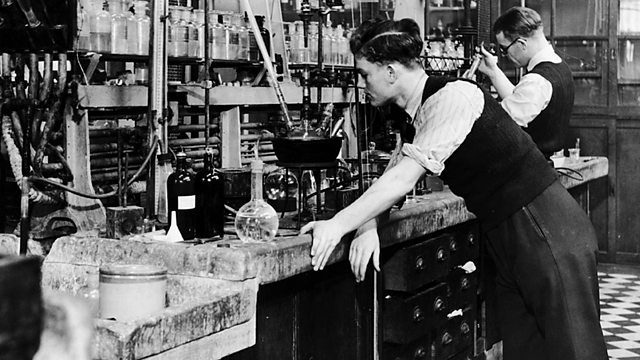The Scientific Method
Melvyn Bragg and his guests discuss the Scientific Method, the systematic and analytical approach to scientific discovery.
Melvyn Bragg and his guests discuss the evolution of the Scientific Method, the systematic and analytical approach to scientific thought. In 1620 the great philosopher and scientist Francis Bacon published the Novum Organum, a work outlining a new system of thought which he believed should inform all enquiry into the laws of nature. Philosophers before him had given their attention to the reasoning that underlies scientific enquiry; but Bacon's emphasis on observation and experience is often seen today as giving rise to a new phenomenon: the scientific method.The scientific method, and the logical processes on which it is based, became a topic of intense debate in the seventeenth century, and thinkers including Isaac Newton, Thomas Huxley and Karl Popper all made important contributions. Some of the greatest discoveries of the modern age were informed by their work, although even today the term 'scientific method' remains difficult to define.With: Simon SchafferProfessor of the History of Science at the University of CambridgeJohn WorrallProfessor of the Philosophy of Science at the London School of Economics and Political ScienceMichela MassimiSenior Lecturer in the Philosophy of Science at University College London.Producer: Thomas Morris.
Last on
More episodes
Previous
Next
Broadcasts
- Thu 26 Jan 2012 09:00大象传媒 Radio 4 FM
- Thu 26 Jan 2012 21:30大象传媒 Radio 4
Featured in...
![]()
Science—In Our Time
Scientific principles, theory, and the role of key figures in the advancement of science.
In Our Time podcasts
Download programmes from the huge In Our Time archive.
The In Our Time Listeners' Top 10
If you鈥檙e new to In Our Time, this is a good place to start.
Arts and Ideas podcast
Download the best of Radio 3's Free Thinking programme.
Podcast
-
![]()
In Our Time
Melvyn Bragg and guests discuss the ideas, people and events that have shaped our world.



